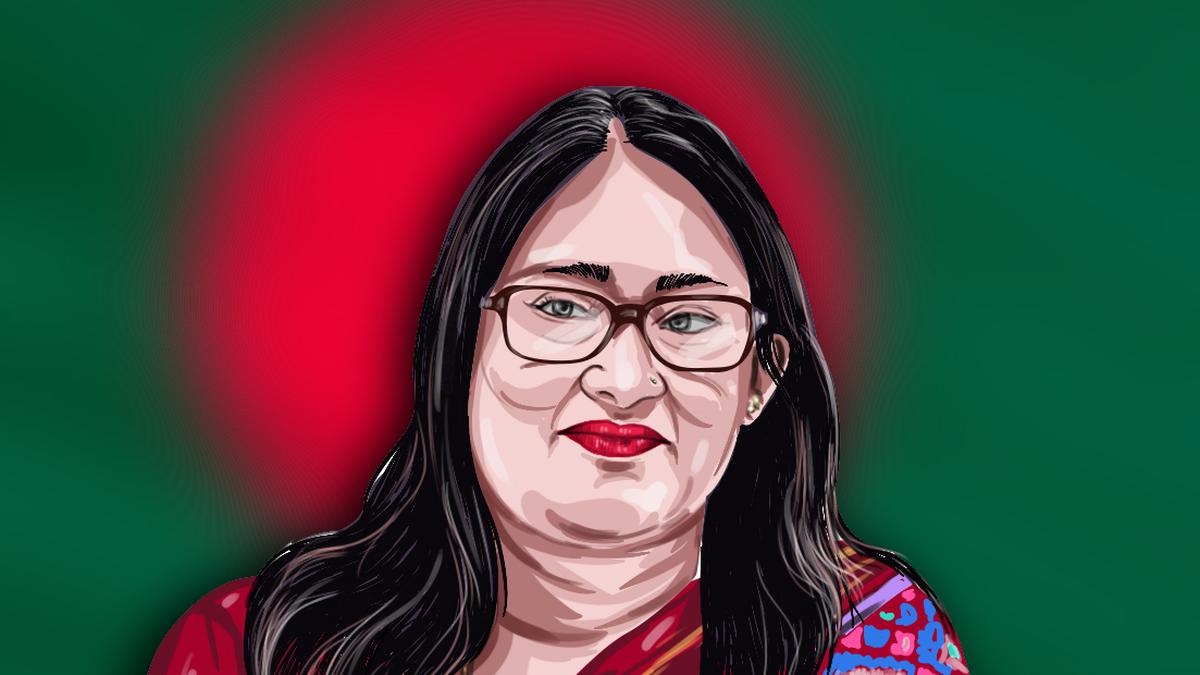
Saima Wazed | Rise of the daughter Premium
The Hindu
Saima Wazed, born to a political family in Bangladesh, secured 8/10 votes to become the new WHO regional director for SE Asia. Despite media attention, criticism and allegations of nepotism, her professional credentials and experience in the health sector enabled her to win the election.
Her victory came after a spell of sharp media attention, criticism and allegations of nepotism. Born to a well-known political family in Bangladesh, Saima Wazed is now set to lead the World Health Organization (WHO) in South-East Asia as its regional director for five years.
She secured eight out of 10 votes against Shambhu Prasad Acharya, a senior WHO official proposed by Nepal, Bangladesh’s neighbour. Ms. Wazed, who advocates mental health policy, will succeed Poonam Khetrapal Singh, an Indian national, who became the first woman to assume the office of WHO regional director for South-East Asia in 2014. In 2018, WHO member states elected Khetrapal Singh for a second five-year term.
Member states voted to nominate Ms. Wazed during a closed session in New Delhi on November 1. The nomination will be submitted to the WHO Executive Board during its 154th session, taking place in Geneva in January. The newly appointed regional director will take office on February 1.
After Bangladesh’s proposal became public, some media outlets turned the spotlight on her raising questions of nepotism as her mother, Sheikh Hasina, is the Prime Minister of Bangladesh. But Ms. Wazed argued that those articles ignored her professional credentials. “The overt and intentional erasure of my experience, and the attendant reduction of me to being simply my mother’s daughter, is sexism and must be called out as such,” she said in an opinion piece in response to the media criticism.
Ms. Wazed also resists the perception that she has always lived a life of privilege. Despite being born in Bangladesh as the granddaughter of independence leader Sheikh Mujibur Rahman, she wrote on her website, “my earliest memories were that of growing up in India as a refugee”. She added: “Trauma, secrecy, heightened concerns with security while always being aware I was not like everyone else, were second nature to me.”
Ms. Wazed portrayed herself as someone assimilating into diverse cultures, saying she spoke Hindi fluently as a child with neighbours and friends, spoke Bangla at home, and learnt English in school. “Celebrating Diwali and Holi with others, and watching my mother pray namaz were typical for us,” she said.
Her young adult years were spent in Florida, living, learning, and working among what she said was a “melting pot” of European, Asian, Caribbean, and South American cultures that expanded my knowledge of family dynamics, religious, and socio-cultural norms and practices”.













